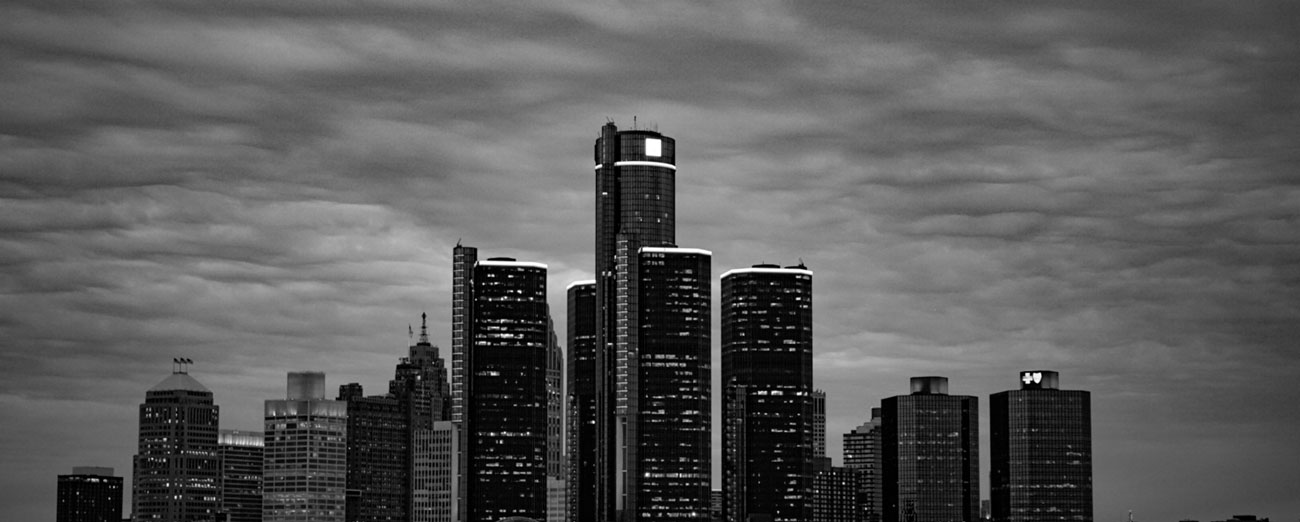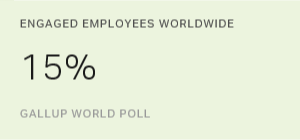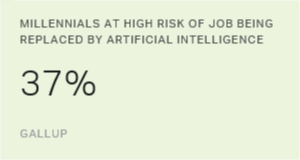This is the second article in a three-part interview series. The first article appears here.
As DTE Energy Chairman, President and CEO Gerry Anderson looked down the barrel of the 2008 financial collapse -- and the recession that followed -- he knew how easily the business could become an economic casualty. Overnight, the Detroit-based utility company lost $200 million in revenue, it was suffering bottom-quartile performance systems, and the engagement numbers of DTE's 10,000 employees were alarmingly low.
A round of layoffs could have solved a lot of DTE's financial problems. Anderson proposed a different idea: No. He said DTE's people could find a way to save $200 million, and with it, save jobs.
Anderson, the executive team and all of DTE's employees scoured the company to find $200 million in savings. They were more successful than even Anderson thought possible. In fact, DTE did so well so fast that Anderson wondered if DTE's accounting metrics were flawed. And no one was laid off.
Though DTE came out of the recession in better shape than it went in, 2009 was a harrowing year. Since then, Anderson has had time to reflect on the crisis and the lessons he learned. Some lessons are cautionary tales for tough economic situations -- the kind we hope never to endure again (but probably will) -- while others apply to every leader, every day, as Anderson relates in the following interview with Gallup Chairman and CEO Jim Clifton.

Create Exceptional Workers
Strengthen employee performance with a culture of engagement.
Clifton: What was DTE's situation when you were named president in 2006?
Anderson: Our performance was pretty weak back then. Our engagement numbers, customer satisfaction, cost metrics, reliability metrics and total shareholder returns weren't where we wanted them to be. And we made excuses for them.
Clifton: What were the excuses?
Anderson: Oh, we're in Michigan, it's a depressed state. We're in Detroit, there's that. People don't understand; it's complicated. Then the stilts fell out from under the economy in 2008. GM, bankrupt. Chrysler, bankrupt. Steel mills shut down. Michigan was viewed as a broken state.
And the home of our headquarters, Detroit, was the most broken of all, heading toward bankruptcy. Our company was likely to be a junk bond utility. It wouldn't have bankrupted us, but it would have been a huge performance and credit hit. So I got together with my team and said, "We have about 10 days to put together a new plan to show our board."
Clifton: A lot of companies did layoffs.
Anderson: Yes. But one of DTE's core values is continuous improvement, and a fundamental principle of continuous improvement is that layoffs are really a last resort. People will work hard as long as they trust that you won't turn around and say, "Well, thanks for the productivity, you're out of here," when the pressure comes.
When the recession hit, I was looking at probably the defining moment of the remainder of my career, and I knew that whatever I did would shape the culture of the company for a long time. So I got together with my team and told them we'd find a way to save $200 million. I said, "We can't promise zero layoffs, but we can promise it's the last lever we will pull."
Clifton: Did you tell the rest of your people?
Anderson: Yes, every one of them. I put out a video and said, "I'll make this commitment to you -- the last thing we'll do is lay anybody off. But, in return, I need you to bring your energy, your focus and your intensity to our work like you never have before. And if you do that, if all 10,000 of us do that together, and in a way that we're proud of, we can fix this." Then we put together a plan as best we could. It had a lot of white space in it, because it required people to go find things that would save money.
That year was a profound learning experience for me, because month after month, we not only met the plan, but we beat it consistently. I was stunned. All this mayhem around us and we're beating our plan.
Clifton: What was happening?
Anderson: People were thinking way outside the box. All around the company, people used their energy and their creativity in a way that they never had before. In less than a year we developed a mindset of "we can do it, we've got this, we can run a really good operation." I found that all over the place in ways large and small.
We committed to throwing away the excuses and to creating a great company. We went from consistently lower performance to top decile in engagement, customer satisfaction, cost metrics and shareholder return. In the fall of 2009, we raised our earnings guidance by 15%. I went to the board and said, "I've learned far more this year than I ever have in my career, and everything I've learned is about people and what they're capable of if they really want something."
Clifton: What do you think made the difference?
I really believe that grabbing people's energy has the ability to change a culture. When people have disinvested, when they think, "I'm not giving my energy to you, I'll give it to my church, I'll give it to my family, I'll give it to all sorts of things, but this company is not getting it" -- you're done. A lot of companies are in that situation. On the other hand, when people believe, "I'm for you as a leader, I'm for this company, because I believe in it, and what we do is important, and I want to make this place win; I'll invest my energy here," things start to improve big time.
Another message I think really resonated with our people was that making DTE a great company would help make Michigan great again, too. We were as influential a company as the state had, and we were going to play that role. So when we came out of the recession as we did, we turned our focus and our people's energy to helping the people around us rebuild their lives.
Clifton: There's hardly anything they can do that's more helpful than just run a great company.
Anderson: That's what we said. "You want to help your neighbor who's still out of a job? Fix this company. Make this company great. Because everybody buys our product and if you do your job efficiently, you're lightening the load of your neighbor. You're lightening the load of a business and a city that are trying to get back on their feet. So make us great." And our people delivered. From leadership to the front line, people put a lot of energy into rebuilding Detroit and the state, and we're continuing to do that today. It's the DTE culture.
In the third and final interview in this series, Anderson will talk about the bold leadership move he made to boost significantly the engagement of DTE's unionized employees.



